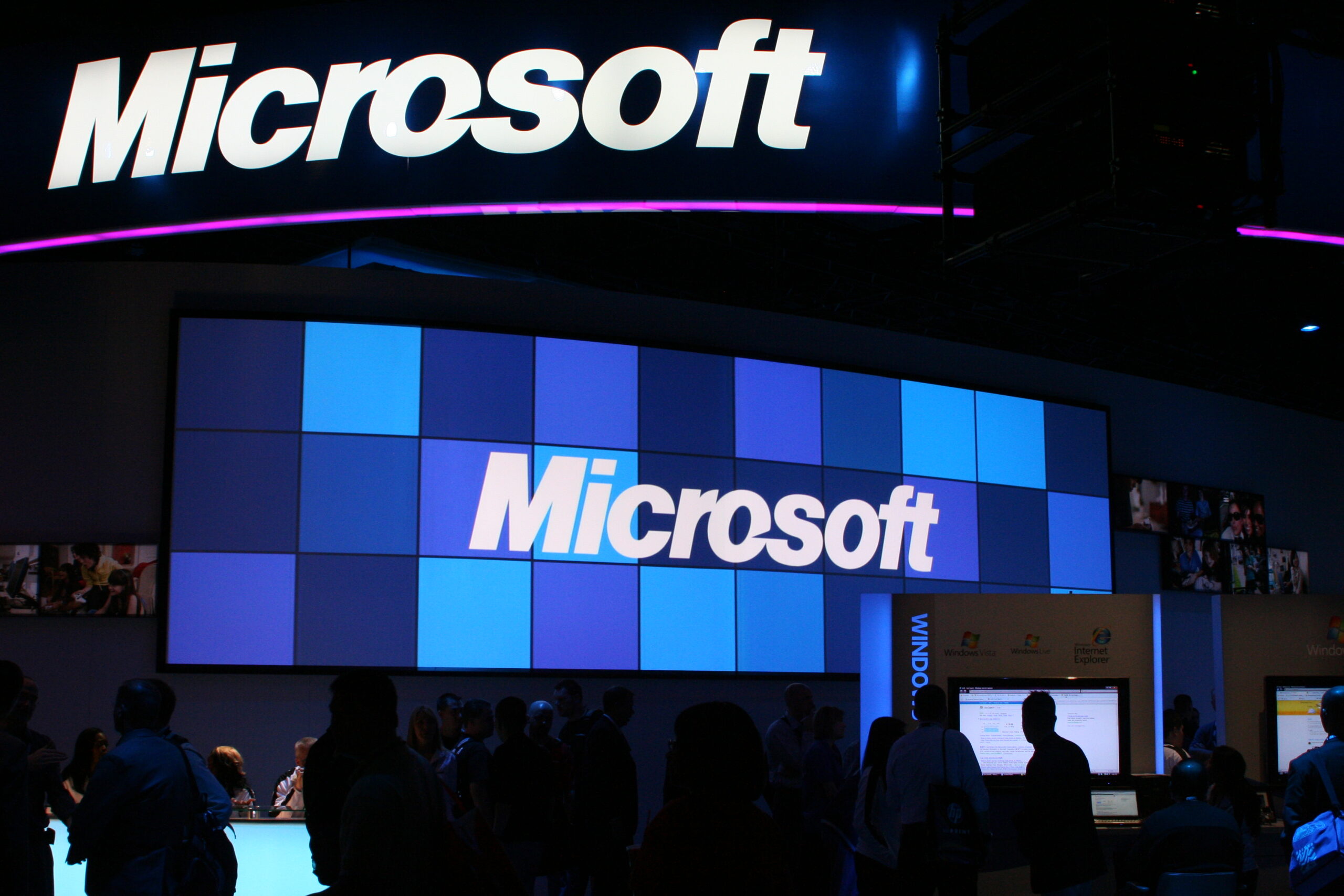
Some Windows 10 users are pushing back against Microsoft’s plan to end official security updates for the operating system. Lawrence Klein, who owns two laptops that cannot run Windows 11, has filed a lawsuit claiming the company is effectively forcing customers to purchase newer devices. He argues that ending support while millions still use Windows 10 leaves many with no choice but to upgrade their hardware.
Windows 10 Still Holds a Significant Share
According to July figures from Statcounter, Windows 11 accounts for 53.39 percent of worldwide desktop usage, while Windows 10 remains on 43 percent. Despite launching in 2021, Windows 11 only overtook its predecessor last month. Klein estimates that around 240 million computers cannot run the Windows 11 upgrade, and claims Microsoft’s decision is meant to push customers toward hardware optimized for AI-powered features, including the Copilot tool bundled with Windows 11.
Microsoft recently launched its Extended Security Updates program, offering users an additional year of security-only updates for $30, extending coverage until October 2026. Those unwilling to pay can back up their systems to OneDrive for a year of access or use Microsoft Reward points to obtain updates. Klein’s lawsuit says these options should have been offered for free and remain available until Windows 10 is no longer widely used. He also alleges that Microsoft and its hardware partners failed to disclose the potential costs or consequences of ending support for devices still capable of running older versions of Windows.
Calls for Clearer Disclosures
Beyond seeking changes for Windows 10, Klein wants Microsoft to commit to clearer disclosures for future versions of Windows. He says customers should know upfront how long their operating system will be supported at the time of purchase. While there is little precedent for this demand, the industry is beginning to move in that direction, with some Android device makers now specifying the minimum years of software updates customers can expect. Klein’s case is still in its early stages, but it could have a lasting impact on how software support timelines are communicated.
Author’s Opinion
Microsoft’s timeline for ending Windows 10 support might make business sense, but for millions of users, it feels like being backed into a corner. Charging for extended security updates, especially when so many devices can’t run Windows 11, comes across as a revenue strategy more than a necessity. Greater transparency about how long an operating system will be supported should be standard, not something customers have to fight for in court.
Featured image credit: Wikimedia Commons
For more stories like it, click the +Follow button at the top of this page to follow us.
